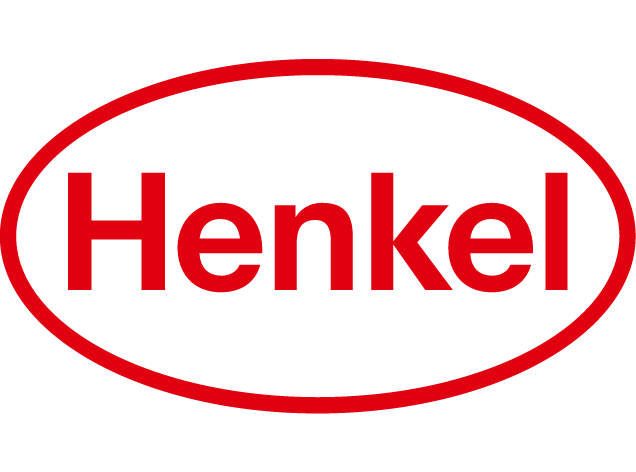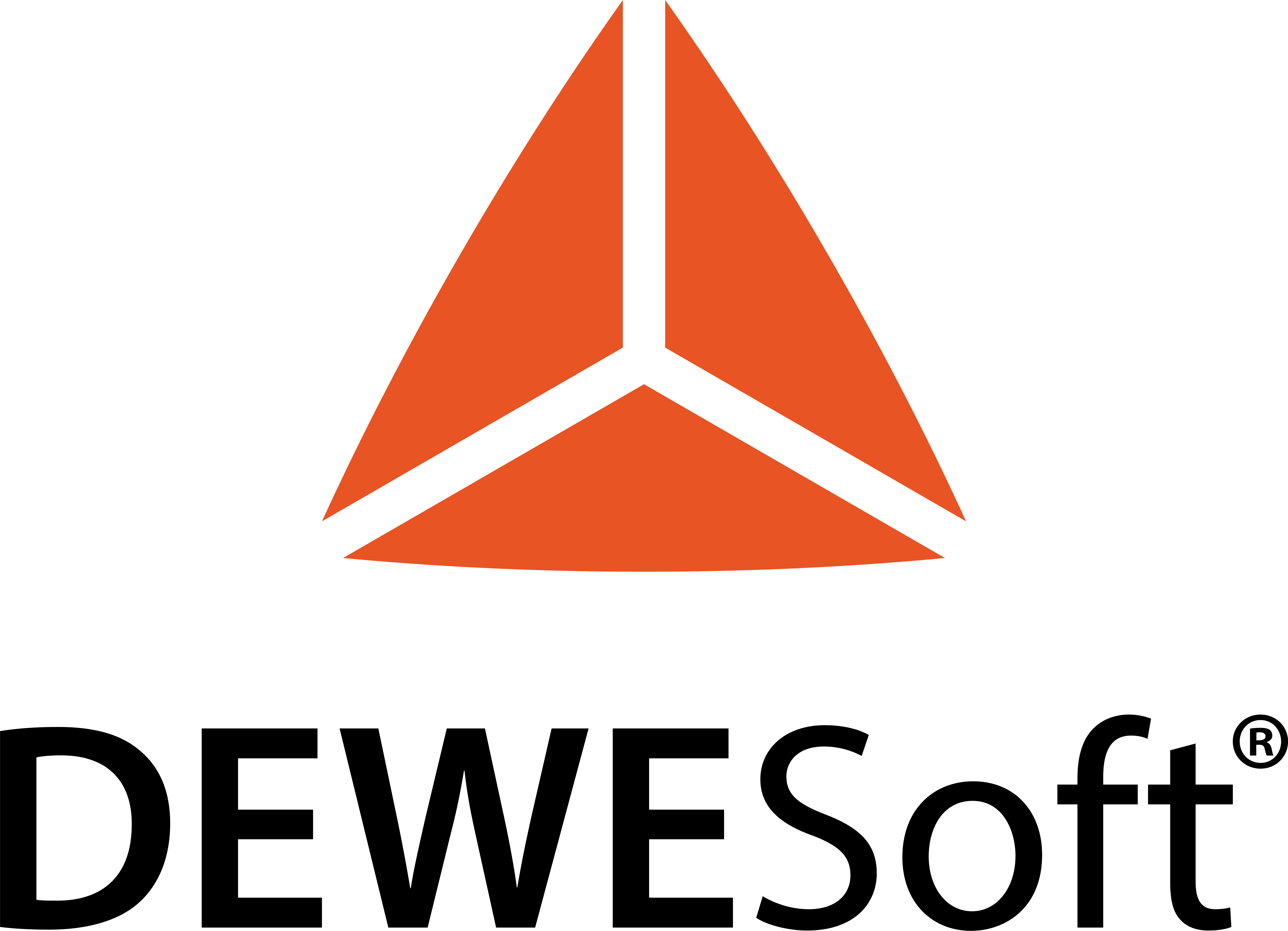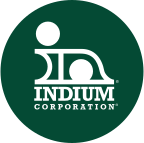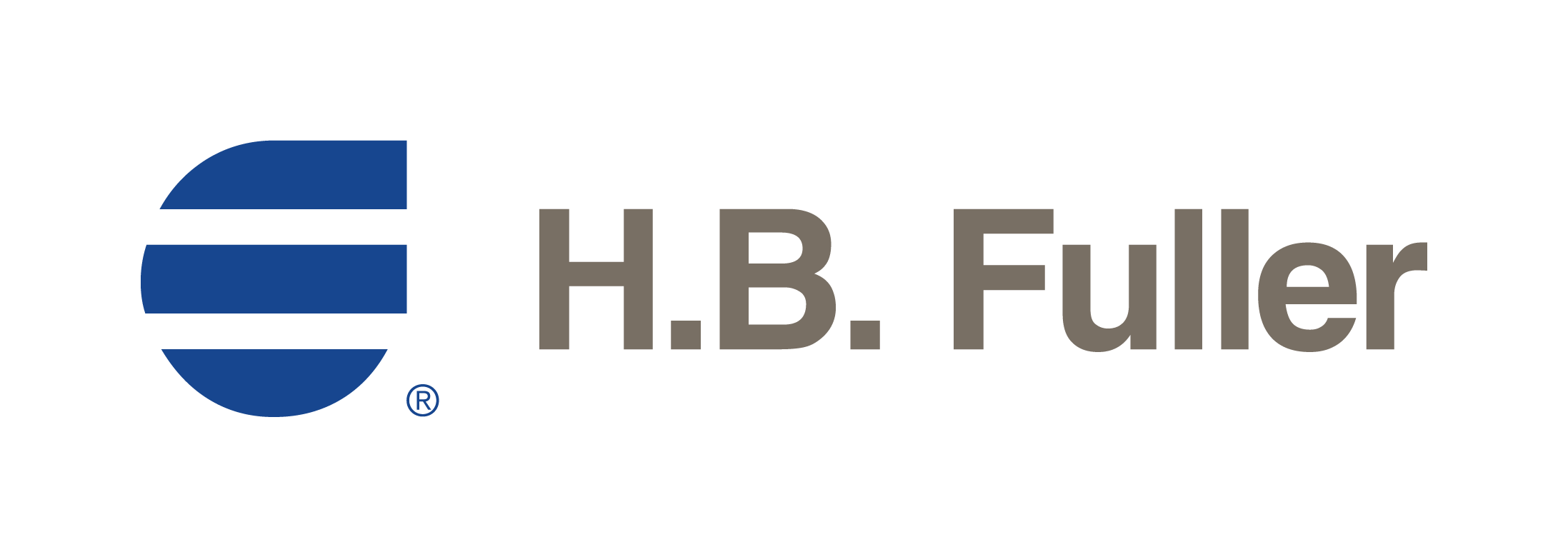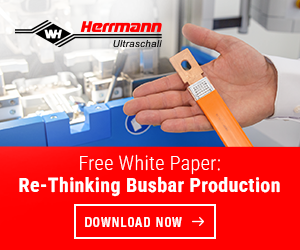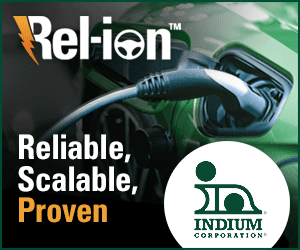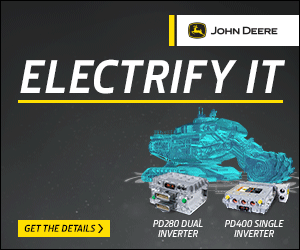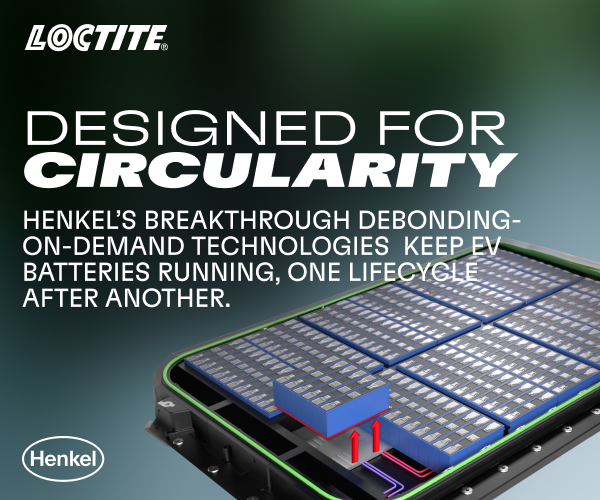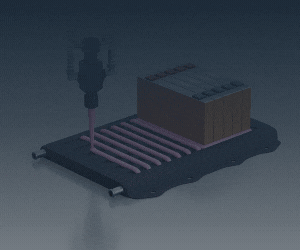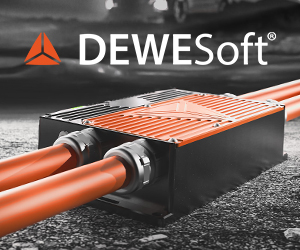Bosch hydrogen truck drives plant logistics in Nuremberg for zero emission transport
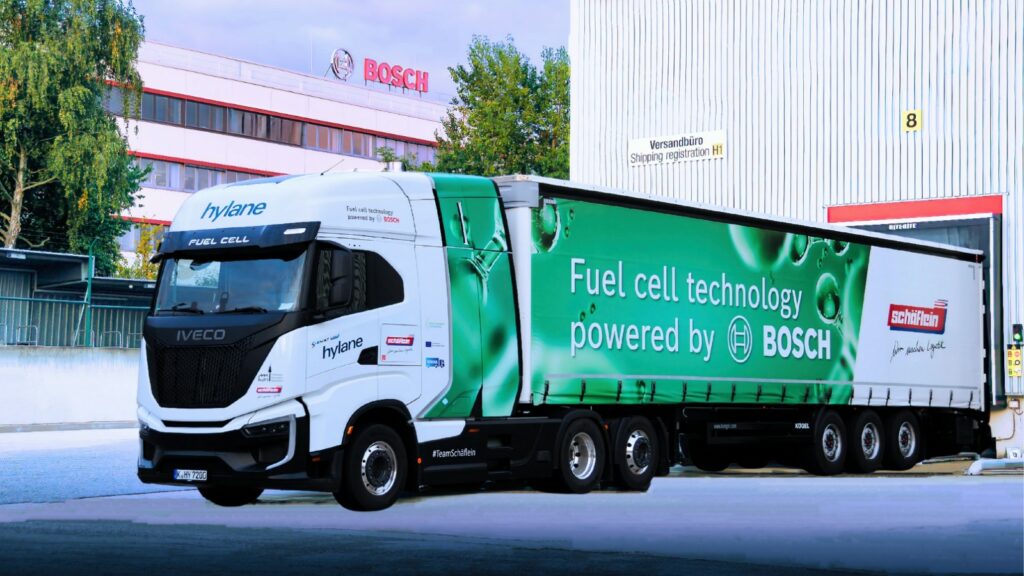
(Image courtesy of Bosch)
Bosch has introduced its proprietary fuel-cell power module into logistical operation at the company’s Nuremberg facility, integrating a 40-tonne hydrogen-powered Iveco S-Way into regular traffic between the plant and external service providers. The vehicle, operated by Schäflein and supplied via Hylane, is targeted to achieve approximately 12,000 kilometres annually hauling production components while serving as a practical demonstration of Bosch’s FCPM system, which recently received recognition as a finalist for the German President’s Future Prize. The FCPM delivers more than 200 kilowatts to a central e-axle, supplemented by two centrally mounted battery packs that provide short-term power demands, enabling a system output of 400 kilowatts and a gross vehicle weight rating of 44 metric tons. Hydrogen is stored in five onboard tanks at 700 bar, allowing a total fuel load of up to 70 kilograms and a practical range estimated at up to 800 kilometres; the powertrain architecture ensures emissions-free operation, with refuelling cycles comparable to conventional diesel units and no adverse impact on available range during periods of low ambient temperature.
The implementation of the fuel-cell truck at Nuremberg forms part of Bosch’s effort to gather verifiable operational data in support of subsequent FCPM iterations including the Compact 190 and Compact 300. The truck’s usage profile has been optimised to maximise exposure to real-world logistics demands, incorporating repeated short-run journeys with varied load conditions. Series manufacture of the FCPM commenced in mid-2023 at Bosch’s Stuttgart-Feuerbach site, with key components such as the fuel-cell stack and air management hardware supplied by the company’s Bamberg and Homburg facilities. Globally, several thousand Bosch fuel-cell systems are now deployed in fleet applications across Asia, North America, and Europe.
Bosch’s engagement with hydrogen covers the technology’s entire value chain, including technical solutions for hydrogen production and distribution infrastructure. In parallel to mobile fuel-cell development, Bosch has initiated market entry for PEM electrolysis stacks and is accelerating work on hydrogen combustion engines for higher power and heavy-duty cycles. The current deployment at Nuremberg is embedded within Bavaria’s Hydrogen Strategy 2.0, aiming to stimulate local production capacity and supply-chain resilience, and is positioned as a catalyst for future hydrogen-fuelled logistics adoption both regionally and internationally. According to plant management, the fuel-cell module has exhibited no operational failings since commissioning, underscoring the readiness of the system for scaled series application provided that sufficient hydrogen supply and refuelling infrastructure are established in parallel.
Click here to read the latest issue of E-Mobility Engineering.
ONLINE PARTNERS

